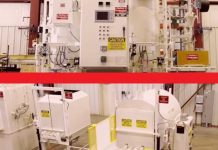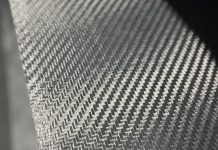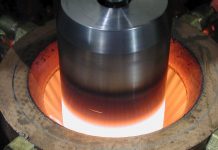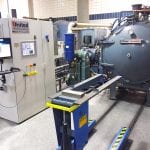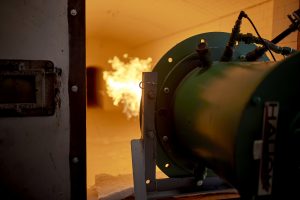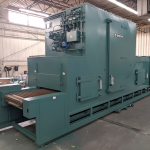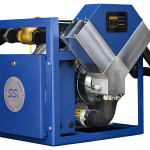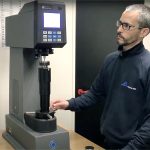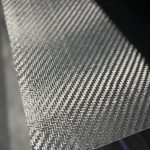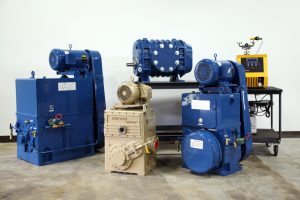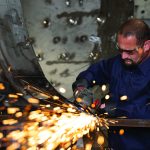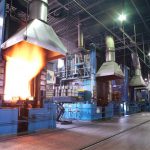The heat-treat industry is, ultimately, a service industry. And the experts at Paulo want to make sure its customers are as successful as possible.
“Our guiding words are to help our customers succeed,” said Phil Harris, marketing manager with Paulo. “We’re only successful if our customers are successful. We’re helping people make the best parts that they can, helping them get the competitive advantage and if that’s happening, they keep sending us work. That’s the guts of it.”
To that end, Paulo has been applying some of the most advanced heat-treat technology and processes to some of the world’s most important manufacturers.
“We are experts in thermal processing and metal finishing,” Harris said. “That includes heat treatment, brazing, plating, and now Hot Isostatic Pressing. And we do it with a wide spectrum of equipment types and processes.”
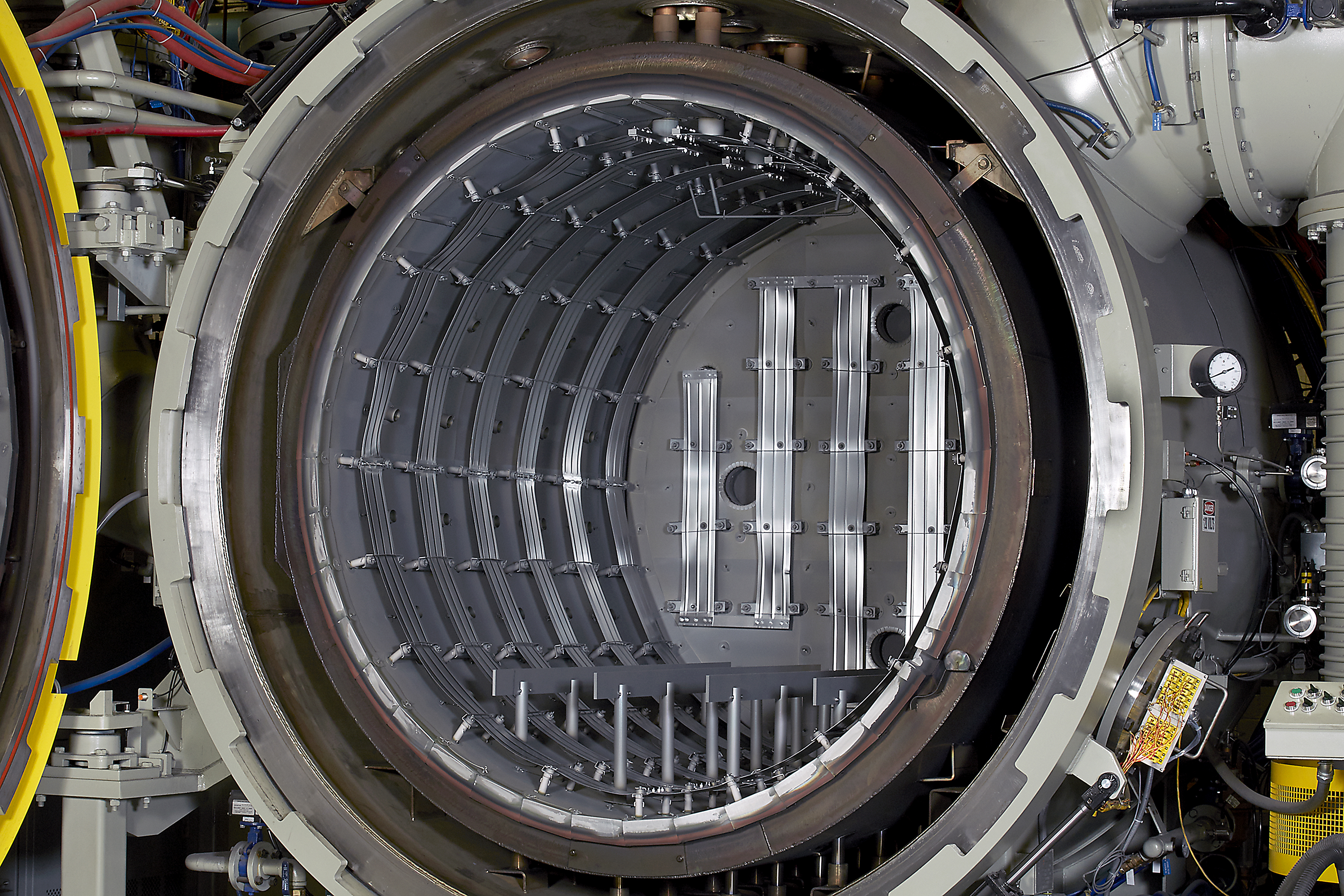
Wide range of heat-treat options
Some of Paulo’s myriad of heat-treating services include austempering, martempering, gas nitriding, vacuum heat-treating, annealing, solution treating, precipitation hardening, ferritic nitrocarburizing, case hardening, through hardening, induction heat treating, cryogenic and deep freezing, plug and press quench, and flattening and straightening.
“We operate a wide variety of furnaces,” Harris said. “We have invested heavily in batch integral quench, continuous belt, and vacuum furnaces. And most recently, we’ve expanded into the hot isostatic pressing realm. We’ve bought a HIP furnace that will be up and running in the third quarter of this year.”
One of the reasons Paulo can offer so much to its customers stems from the company’s investment in people, according to Harris.
“We have a disproportionately large engineering staff compared to a lot of other heat-treaters,” he said. “We’ve got the industry’s largest staff of metallurgists who support our process design and conduct failure analyses. They also help us win new jobs while making current jobs better through continuous improvement. We’ve also got a skilled in-house engineering department that designs customized furnace controls, and equipment installation. We buy a lot of furnaces, but we never buy them off-the-shelf. We always add our own bells and whistles, custom controls that account for what we’ve learned over the years so that we provide the precision and repeatability that customers depend on.”
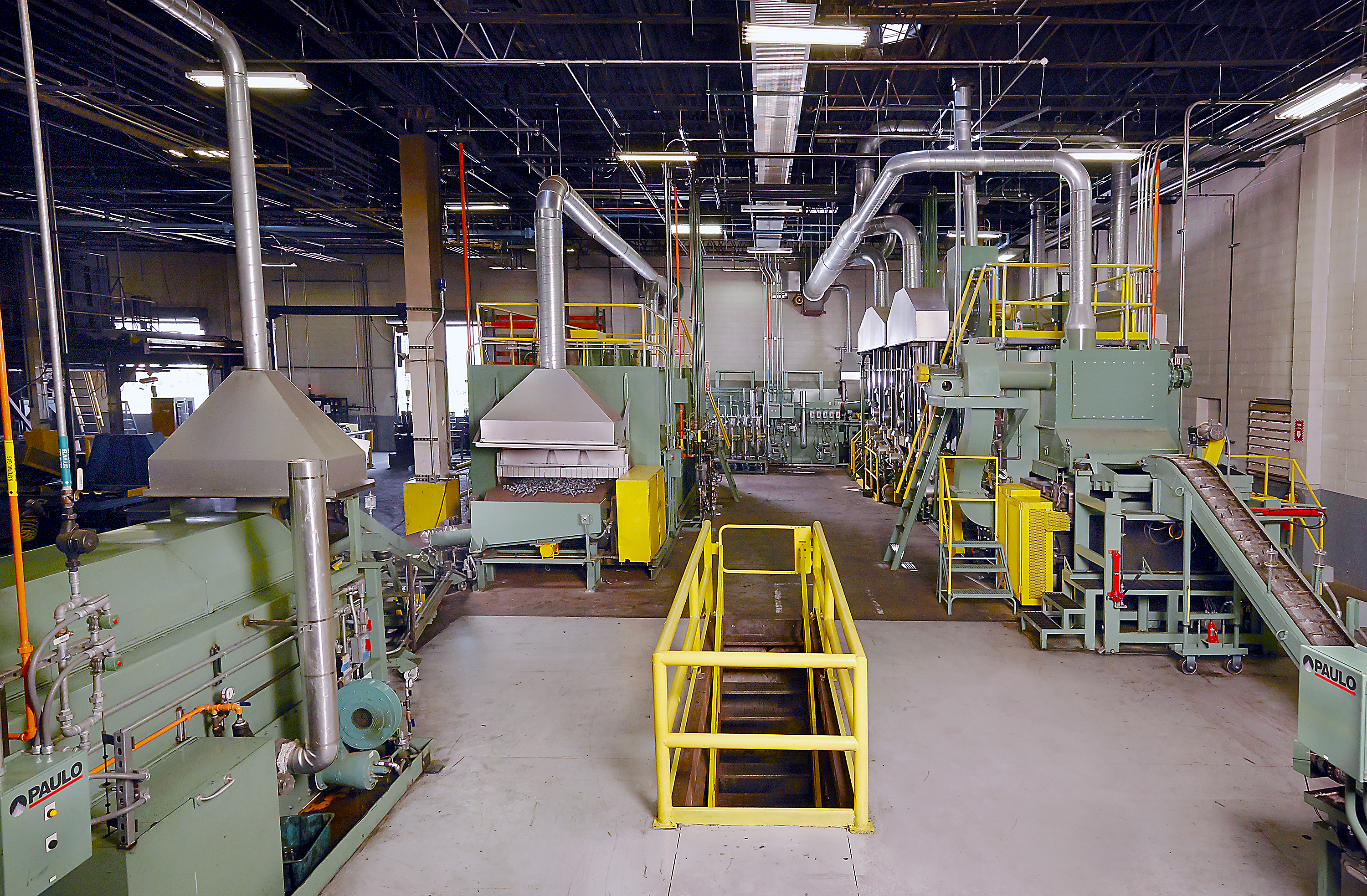
Problem solvers
And having a large base of engineering means that challenges are met with enthusiasm, not dread, according to Harris.
“We love problem solving. We like the hard jobs, and I think that comes down to the culture and having so much engineering support internally. We very rarely have to go to the outside,” he said. “We will if we are met with a new challenge, but we’re leaning on decades of knowledge and experience. We keep track of data obsessively, so we can always look back and find a similar problem that we’ve solved.”
Paulo is able to do a deep dive into metallurgical evaluations where the company’s experts aid customers in determining what success should look like for the parts that might be giving them trouble, according to Harris.
“We’re looking at the whole supply chain. We’ve got our little part in it, but as you know, everything from material choices to how the parts are manufactured can contribute to an issue that doesn’t crop up until heat treat,” he said.
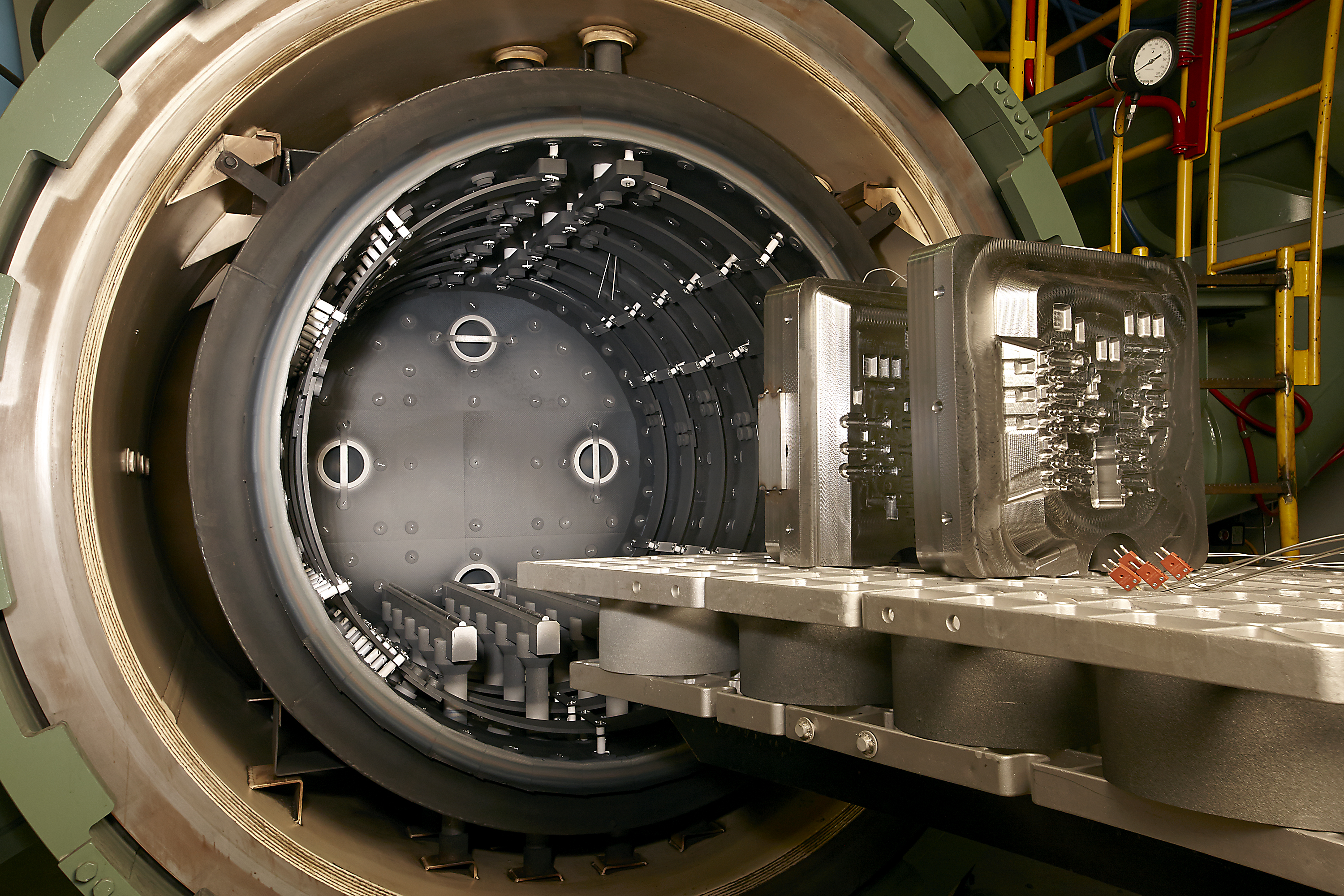
Began in 1943
It’s that kind of continued growth and attention to problems — both large and small — that have contributed to Paulo’s success that has spanned 75 years.
In 1943, Ben and Pauline Rassieur started Paulo Products, named after Pauline. The company offered heat-treating services using homemade salt baths and second-hand tempering furnaces.
Paulo has been family-owned and operated since the beginning, according to Harris. The husband-and-wife founders worked for a mining company that still does business with Paulo.
“We still heat-treat for them,” he said. “(Ben and Pauline) decided to strike out on their own doing some heat-treating — which they had done in a captive way at the mining company — and opened up a small shop in a rented space. It was wartime, so they couldn’t really buy furnaces. They went to a junkyard and pieced together some salt pots themselves and started heat-treating.”
The Rassieurs were planning to eventually make a product, which they did attempt a few different times, but it never took off, so they stuck with heat-treating, according to Harris.
But that original plant, based in St. Louis, Missouri, continued to grow organically for many years, and Paulo opened a plant in Kansas City in 1972.
“We heard from a steel supplier that there wasn’t a good vacuum heat-treater in Kansas City, so we opened up a plant and grew that,” Harris said. “Then through the ’80s, we did a bunch of acquisitions.”
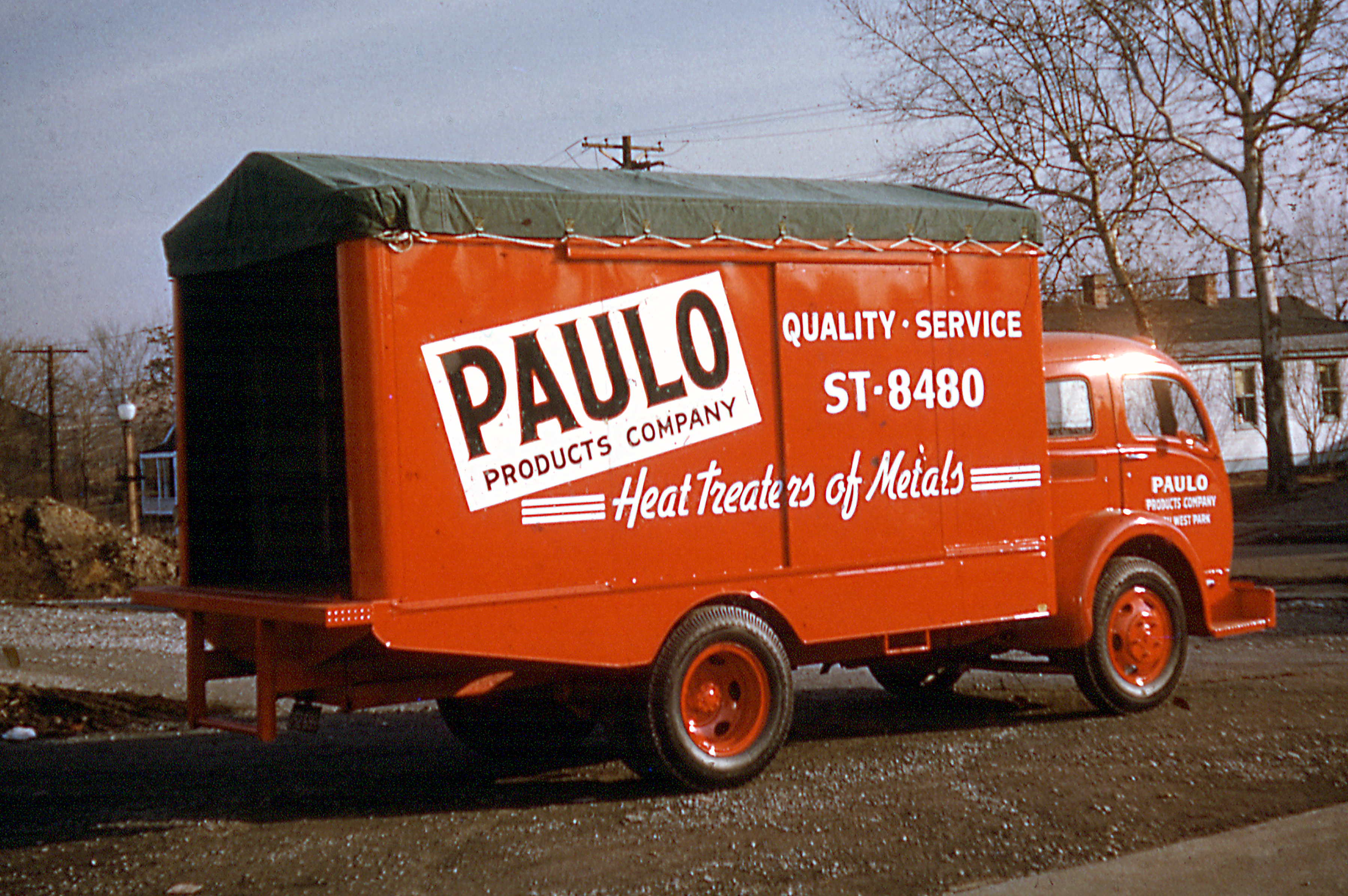
Mexico expansion
At one point, Paulo had seven facilities across the Midwest and Southeast. By the early 2000s, a couple of those were consolidated, but Harris said Paulo is moving beyond the southern U.S. border into Mexico.
“Our most recent big expansion was down into Mexico,” he said. “Just this last year, we opened a facility in Monterrey.”
Part of that growth, while keeping a firm grasp of the company’s roots, is something Harris considers one of Paulo’s proudest achievements.
“I think growth can be tough. Sometimes companies lose their way as they grow from one shop to two and from two to five or more,” he said. “Maintaining our culture and that family atmosphere even as we grow larger and larger is key. I think that’s something to be proud of: knowing that when people send their parts to a Paulo plant, they can have faith that it’s getting run correctly, whether it’s St. Louis or Cleveland or whether it’s now down in Mexico.”
Crossing the border and being able to help and support a customer doing manufacturing in Mexico was a definite milestone for Paulo, according to Harris.
“That was a big deal for us,” he said.
As Paulo eyes the next 75 years, Harris said he expects the company’s heat-treat capabilities will continue to be an essential component of the manufacturing economy.
“We’re not going anywhere,” he said. “We continue to be family-owned and operated and the drive to support our customers through new processes, technology, and investment continues. We will be there to help our customers be successful with whatever changes come their way.”
More info www.paulo.com









